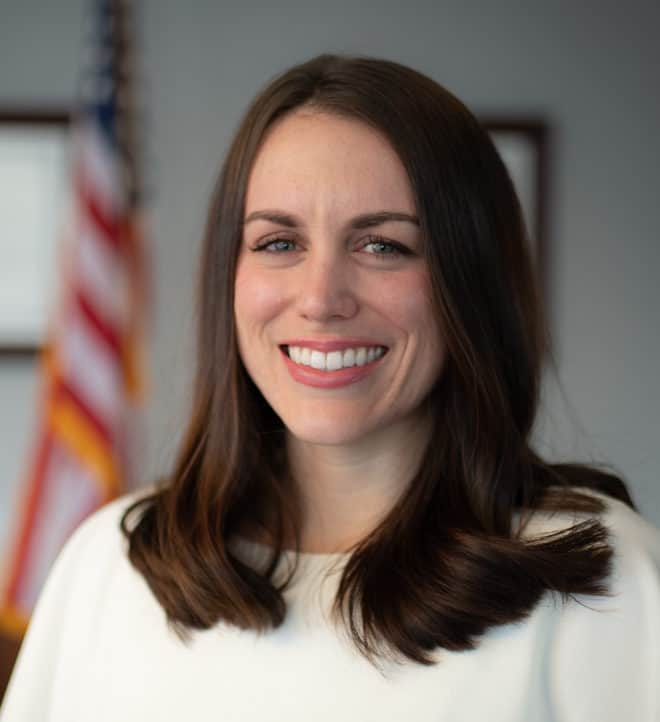
Written by Christine Cooke Fairbanks
January 12, 2018
Originally published by the Deseret News.
Congress gave students more education choice when it passed the GOP tax law. A provision in the law allows 529 plan funds — typically spent on higher education — to be spent on K-12 expenses such as private school tuition. This is a win for students, especially for vulnerable populations like those with special needs.
With the legislative session around the corner, it’s time for the Utah Legislature to follow suit and further widen school choice.
The truth is, students with special needs are not yet getting what they need.
At the December Utah State Board of Education meeting, relatives of two Utah students with special needs expressed concerns that their students are getting a “deplorable” education in their district school. A news story said that one of the concerned parents was advised of her options after the public meeting.
But the options for students with special needs are still far too few in our state.
This may be a surprise for those who know that in 2005 Utah passed the Carson Smith Scholarships for Students with Special Needs Act, a godsend of a school-choice program that has given thousands of students with special needs the money to pay for private school tuition.
The sticky question is this: What if neither private nor public schools offer what a student needs?
The solution is for Utah’s education system to cover a broad range of K-12 expenses for students with special needs, not just private school tuition.
One Utah mom enrolled her son in a high-performing private school, using the Carson Smith Scholarship program, and has been happy with the education her son is receiving. Still, her son has needed extra help learning to read, causing her to search for outside reading services that the private school was able only to recommend. Wouldn’t it make sense if this mom could directly spend the money dedicated to her son’s education on outside reading services? Unfortunately, according to Utah law, she cannot.
Education choice should be considered a principle rather than a specific policy. More educational choices increase the likelihood that children get what they need. Nationwide, the term “education choice” is evolving to mean an a la carte educational experience. Arizona, Florida, Tennessee, Mississippi, Nevada and North Carolina offer families the opportunity to spend state funds on a whole host of educational services, including private tutoring, in-home teachers, online curriculum, textbooks and special-needs therapies.
Students with special needs come in all shapes, sizes, diagnoses and personalities. One student with special needs might be better served by an in-home teacher, another student by a particular private school, and another still by a great district school.
Addressing how public funds meet the special needs of children is especially important after an eye-catching unanimous ruling made by the U.S. Supreme Court earlier last year: Federal law requires school districts to offer an individualized education program “appropriately ambitious in light of” the child’s circumstances, not just some trivial “benefit.” This means we can demand more for a child’s education when they have special needs.
Such a ruling should prompt a holistic question: Do our state policies allow students with special needs to receive the education they deserve?
When we give individuals flexibility and choices in education, we humanize the student. And when it comes to students with special needs, we get closer to offering the education they are entitled to obtain in public schools by law — and the education they deserve as unique individuals with incredible potential.
Utah should be the leader in providing students with special needs a meaningful education. We’ve got the heart to do it — we learned that when we passed the Carson Smith Scholarships act. Now we need the political will to improve education again for these children — by giving each family a full set of education choices.
More Insights
Read More
Ignoring the text of the Constitution is a mistake
A written Constitution is entirely superfluous if the document is simply meant to give the people what they want.
What you need to know about election integrity
It should be easy to vote and hard to cheat. This oft-quoted phrase has been articulated as a guiding principle by many elected officials wading into voting and election policy debates in recent years. So why has this issue been so contentious, and what’s the solution?
How transparent are school districts about curriculum?
Utah districts don’t need to wait for legislation to be transparent – many have sought to be transparent on their own. District leaders interested in this reform can do several things right away.


